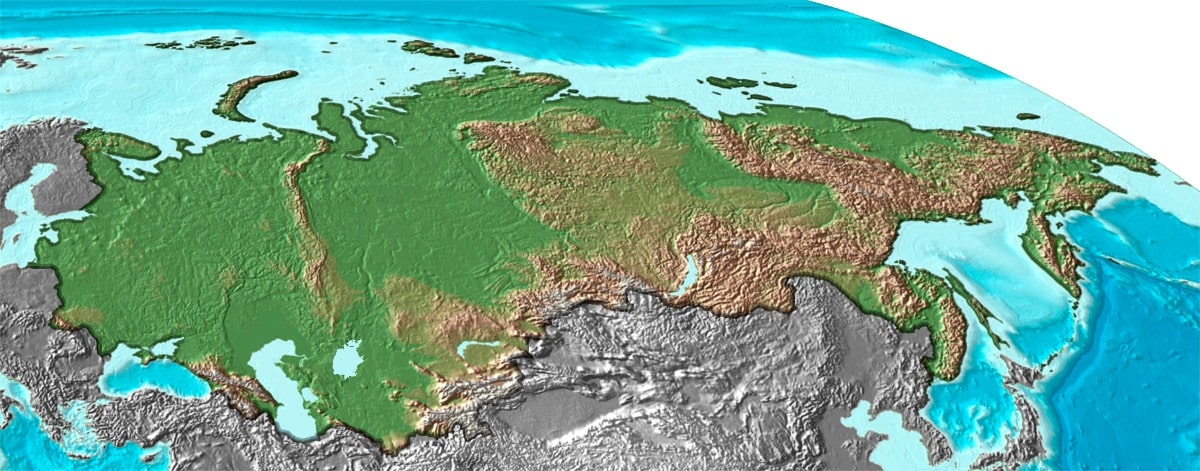Given that they only have a single, one-line track with which to do so, this is simply not feasible. All it takes is one bomb to shut down the line for a couple of days . . . it's nothing like Europe where there is massive redundancy in the rail networks and they could just route around damaged sections. They've only got one line.
The Trans-Siberian is not single track for those stretches that Japan, with no heavy bombers, could actually hit. More to the point, they won't have air superiority either until the Russians pull out their forces.
Japan wouldn't even necessarily need to launch a ground offensive. A little interdiction every now and then over that winter will do the trick just fine.
Which would accomplish absolutely nothing as Stalin still pulls out most of the troops and the large submarine force at Vladivostok has a field day.
Nonsense. Production destined for tanks, artillery, ammunition etc could be shifted to aircraft, submarines, and ships. Manpower isn't a big issue, and it's ridiculous to claim that it takes as much manpower to garrison a territory as it does to conduct offensives. Moreover, the units they already have would be more active, owing to the fact they'd have an abundance of oil, aviation fuel, ammunition, etc.
First, the Germans will not have any more fuel in general. The Soviets were fully prepared to blow their wells and refineries should they be forced to retreat, and in fact did so for the handful of fields that Germany was able to overrun, and Germany was never able to restore production. Next, garrisoning definitely
does take as much manpower as conquest, or were you not paying attention these last 7 years...or if you prefer, WWI Germany post Brest Litvosk or WWII Germany in the Balkans. What they wouldn't need as much of would be tanks, artillery, and aircraft and ammunition expenditure would indeed go down, but they still can't pull everything out lest the Soviet rump, still kept afloat by the Urals factories and lend-lease successfully counterattack. Not to mention that all this is assuming that Japan is actually able to tie down the Eastern forces, and that this somehow causes the Soviet Union to implode when the German advances were stopped before the Eastern forces arrived.
Further, you do not seem to understand the concept of lead times, or that the real world is not a game of HOI. You cannot just switch abstract units of industrial capacity around, not even in closely related fields. Germany was unable to even stop producing obsolete tanks and aircraft because they couldn't afford the production downtime it takes to update the lines. Weapons were produced with critical flaws when the fixes were known and easy because actually applying the fixes to new production would force stoppages. Shifting tank production to aircraft would take months, to ship production, years. Hell, things like armor-rolling mills, and naval gun foundries are entirely specialized industries that must be built from scratch, and you must have skilled labor with years of experience if you want ships that are actually fit for sea. (look at the XXI u-boats for what happens when you try to cut corners) For that matter, the real bottleneck in aircraft for Germany was actually pilots. It must be a hell of a retooling to allow a factory producing rifle ammunition to switch to mass producing Adolf Galland.
Why on Earth would they be building P-38s for the European front? Presumably production will change. You're stuck on this idea that they have to produce the same material, regardless of circumstances (as in your above contention where Germany is still churning out tanks it doesn't need and can't shift its resources and industry to aircraft etc).
They build P-38s because Lockheed has the plants, equipment, and skilled workers to produce P-38s. Switching them over to produce North American's P-51 would take months, and they wouldn't reach the same efficiency for months more. Further, more P-51s would need more Merlins from Packard or Ford, while Allison's turbocharged v-1710s sit unused. So Allison would need to retool as well. Same for every other manufacturer tied to P-38 production, and there are bound to be mixups, which bottleneck production even further. So you produce the P-38 anyway, and send them to where they would be useful, ie the Pacific. Ships are the same, only far more so, with often years of leadtime and built with equipment that can't be adapted at all to producing anything else.
You might as well ask why Germany kept on producing Jumo 211s right through the end of the war when everybody and his mother wanted the Jumo 213,
and they are engines in the same family produced by the same company.
